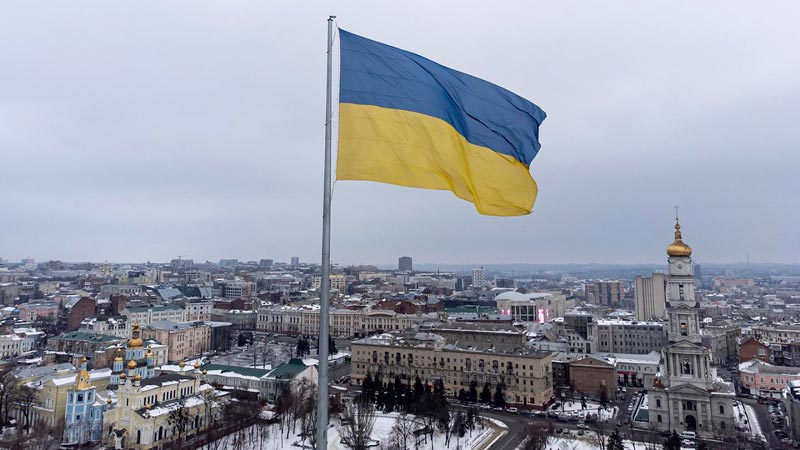
The US Titanic efforts on Israel's pressure have been partial. Israel agreed to expand the import of humanitarian enclave and humanitarian pauses at 4 o'clock daily. How they work, everyone will learn in practice, but it is already a few people who are interested, the main thing that has been compromised. Israel is set up to eliminate Hamas, even at a high military and political price.
The United States is not tuned, but they are on the stretch between the need to maintain the ally and the desire to maintain a normal relationship with the global south. 3. Absolutely everyone to roll on Hamas, which was clear at first. The countries of the region will exhale with relief if Hamas is liquidated/weakened.
At the same time, they calmly use this war to capitalize in the criticism of the West and Israel, thereby earning points on "Arab Street" and demanding different concessions from the event for keeping relations with Israel and holding back their radicals at home. Even Iran uses Hamas as a ram to weaken Israel and increase pressure to the West in order to bow to negotiations. 4.
China and Russia have taken a position that allows you to deploy a powerful media campaign against the West, to solidarize with the position of the global south, and to consolidate them on their moral and ideological platform as opposed to the United States.
This is not automatically converted into some practical things or on the ground, but helps to gain a tactical advantage over the US in the fight for the "street" of the global south, undermining the efforts of the US and Europe to establish with these regions of dialogue. 5. Europe looks confused against the background of what is happening in gas. First, many countries and many different views and positions that are difficult to agree.
Secondly, the EU has never had a clear strategy in the Israeli Palestinian direction, and now it is reflected in them negatively. Third, as in the States, the unambiguous and unconditional support of Israel is no longer as sacred as it was in the West, and does not cause automatic defaulting in people. Fourth, the large Muslim diasporas should be taken into account because their voices are important for European politicians.
In many countries, Muslims have been living in several generations and have even got into political circles. 6. In the States, the situation in Israel has created both opportunities and risks. On the one hand, Washington got a chance to impose Israel, Taiwan and Ukraine into one package, thereby increasing the argumentation of a key narrative that promotes Biden: a coalition of democracies fights against the autocratic axis of evil in Iran, the Russian Federation and China.
On the other hand, a serious gap in the views on the Palestinian issue is visible at the society level. In addition, the struggle for the priority of assistance between the supporters of Israel, Ukraine, Taiwan and those who generally believe that resources should be directed to internal affairs, such as strengthening the border with Mexico. 7. The defeat/weakening of Hamas is associated with the obligation of Israel to restore peace negotiations with Palestinians.
This creates the preconditions for redistribution of influence on this track between regional countries. Everyone will want to participate in this process and control it in order to get a dominant position in the new state of Palestine, if it comes to its creation. Everyone understands that this gives the point of entry to this subregion and the impact on the Israeli summons.
Therefore, there will be a struggle for the status of guarantees/intermediaries of the Israeli-Palestinian peace process between traditional players of Jordan/Egypt and Turkey, Saudi Arabia, UAE, Catar. At global level, China will try to squeeze the US in the status of a mediator, positioning Washington as a clear ally of Israel.
Iran will try to get involved in the process in a particular format to participate in the regulation of the Palestinian question as a player, which in turn will be an important step in the wider process of forming a post-American status quo in the Middle East. 8. In this situation, Ukraine is still suspended. An attempt to associate us with the Israeli Package in the US has not yet succeeded.
I think that the package of assistance will eventually be adopted by Congress, but the current bidding for it shows that the situation in Washington becomes unpredictable and polarized, tying us to various topics that we often have no influence. In addition, what is happening in Israel, it seems to me, creates potential problems in the dialogue with the global south. It is unlikely that the dialogue will be covered by itself.










All rights reserved IN-Ukraine.info - 2022